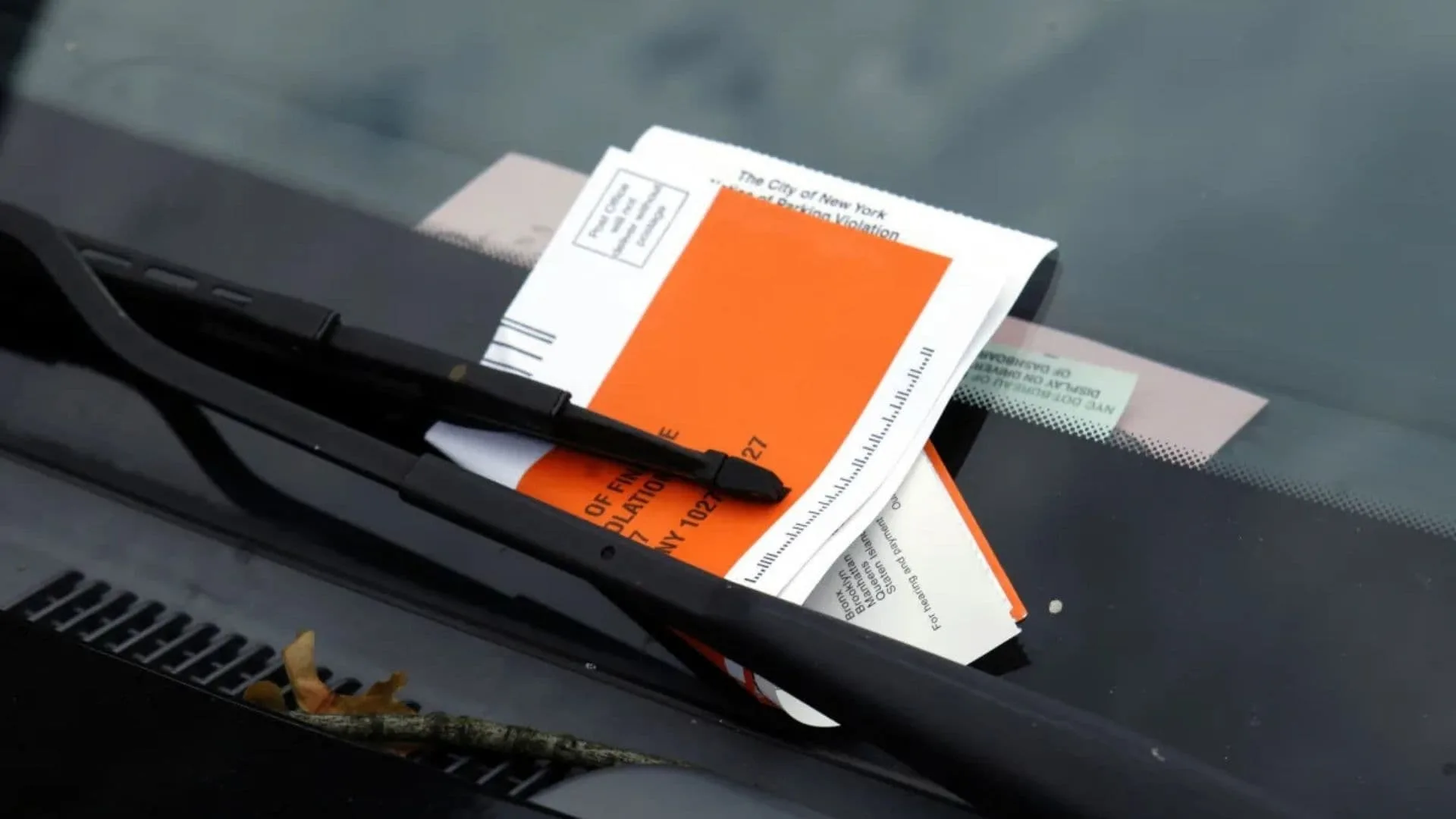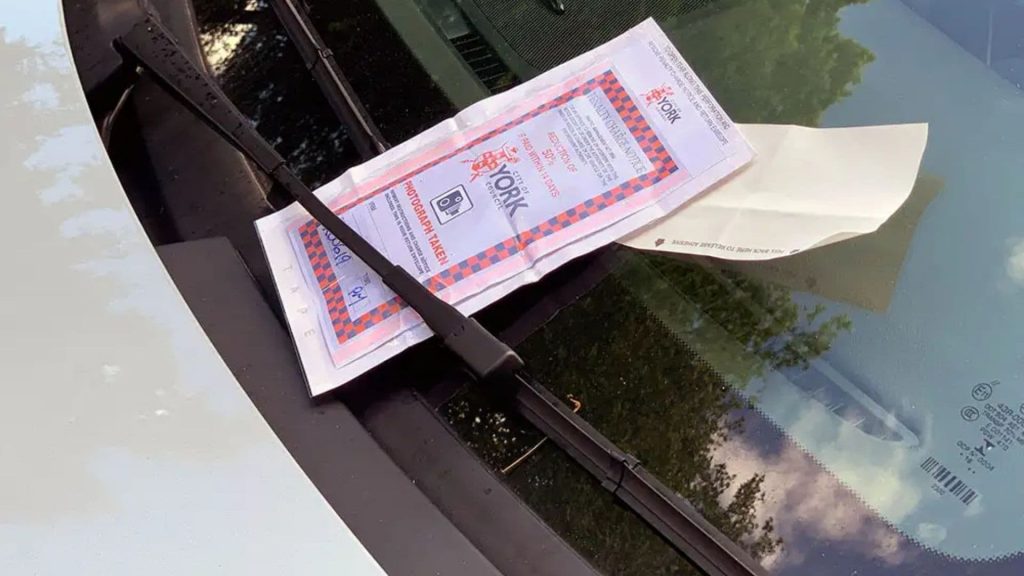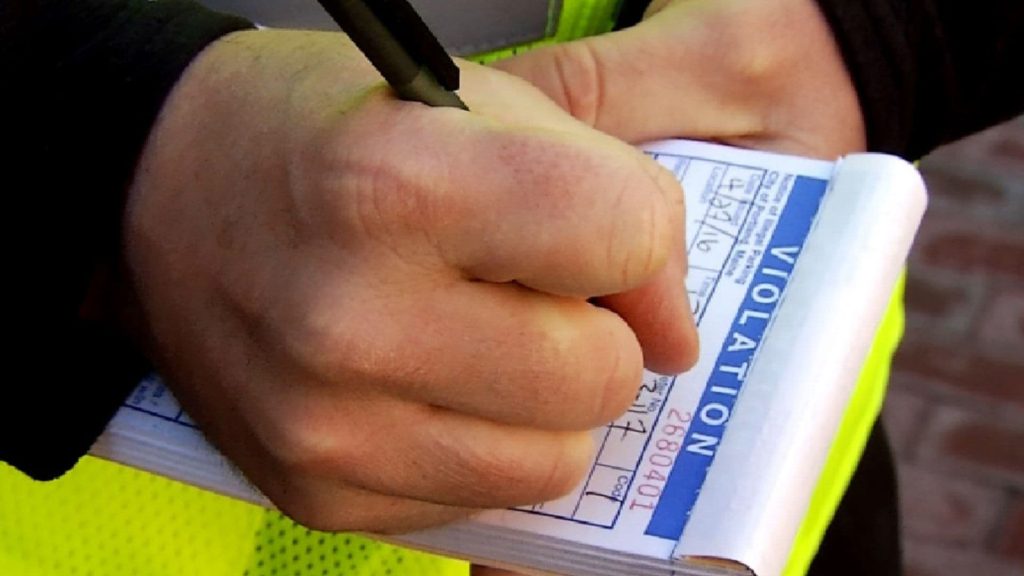
Understanding what paid parking tickets count for taxes is essential for anyone navigating the sometimes-confusing world of IRS regulations and tax deductions. This article explores whether paid parking tickets are deductible expenses on your tax return and clarifies the distinction between parking fines and parking fees. While it may be tempting to write off paid parking tickets you receive during business activities, IRS guidelines clearly state that fines and penalties, including parking tickets, are not tax deductible under any circumstances—even if they are incurred during business travel. However, other parking-related expenses like parking fees paid during client visits or business trips often qualify as deductible costs. We will also discuss what types of parking costs you can claim, best practices for maintaining proper documentation, and how these rules apply differently if you’re self-employed or an employee. This guide aims to provide a clear understanding so you can confidently identify valid deductions and avoid costly mistakes.
Why Parking Tickets Aren’t Tax Deductible
According to IRS standards, parking tickets, fines, or any penalties imposed for legal violations are never deductible. The government explicitly excludes these charges as deductible expenses to discourage unlawful behavior. This applies across the board, whether you are self-employed, an employee, or a business owner. Essentially, no matter how they occur or under what circumstances, parking fines do not reduce your taxable income.

Parking Fees Versus Parking Fines: What You Can Deduct
While parking tickets themselves are not deductible, you can subtract parking fees related to business activities. For example:
- Parking fees paid when meeting clients or attending business events
- Fees for parking at a job site or temporary business location
- Toll charges incurred during business travel
Conversely, parking fees for your regular workplace or daily commuting costs to and from home are considered personal expenses and are non-deductible.
How Self-Employed Individuals Can Benefit
If you are self-employed or operate a business, keeping track of parking fees incurred during business trips or client visits can provide valuable tax deductions. Utilizing either the standard mileage rate method or actual vehicle expense method (but not both), you can include eligible parking fees in your deductible expenses, thereby lowering your overall tax liability.
Record-Keeping Best Practices
To claim parking fees effectively and avoid IRS audits:
- Save and organize all parking receipts and invoices
- Maintain a detailed mileage and expense log that shows the business purpose of the trip
- Separate personal from business parking expenses clearly

Summary
Paid parking tickets do not count for tax deductions, but bona fide parking fees related to business travel often do. Understanding this distinction ensures you maximize your deductible expenses without risking noncompliance. When in doubt, keep thorough records and consult a tax professional to navigate your unique situation confidently.
Frequently Asked Questions (FAQs)
Q1: Can I deduct parking tickets from my taxes?
A1: No, parking tickets and fines are never tax deductible.
Q2: Are parking fees deductible when visiting a client?
A2: Yes, parking fees paid during business trips or client visits can usually be deducted.
Q3: Can employees deduct parking costs?
A3: Generally, no—except in some special cases or local state rules.
Q4: What records should I keep to claim parking expenses?
A4: Keep receipts, invoices, and mileage logs with business purpose details.